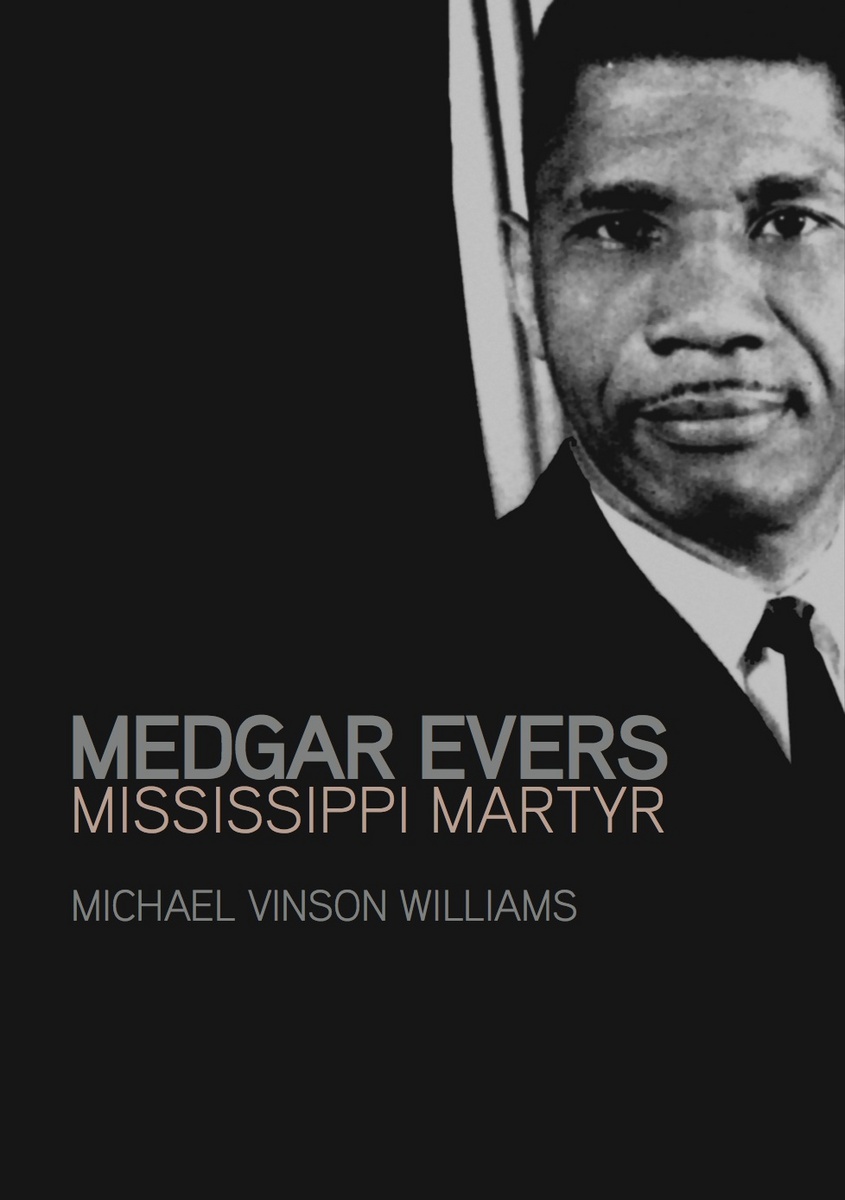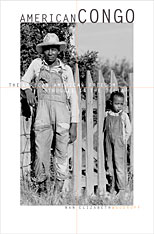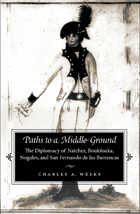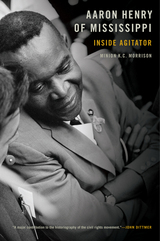Medgar Evers: Mississippi Martyr
University of Arkansas Press, 2011
eISBN: 978-1-61075-487-3 | Cloth: 978-1-55728-973-5 | Paper: 978-1-55728-646-8
Library of Congress Classification F349.J13W55 2011
Dewey Decimal Classification 323.092
eISBN: 978-1-61075-487-3 | Cloth: 978-1-55728-973-5 | Paper: 978-1-55728-646-8
Library of Congress Classification F349.J13W55 2011
Dewey Decimal Classification 323.092
ABOUT THIS BOOK | AUTHOR BIOGRAPHY | REVIEWS | TOC | REQUEST ACCESSIBLE FILE
ABOUT THIS BOOK
Civil rights activist Medgar Wiley Evers was well aware of the dangers he would face when he challenged the status quo in Mississippi in the 1950s and '60s, a place and time known for the brutal murders of Emmett Till, Reverend George Lee, Lamar Smith, and others. Nonetheless, Evers consistently investigated the rapes, murders, beatings, and lynchings of black Mississippians and reported the horrid incidents to a national audience, all the while organizing economic boycotts, sit-ins, and street protests in Jackson as the NAACP's first full-time Mississippi field secretary. He organized and participated in voting drives and nonviolent direct-action protests, joined lawsuits to overturn state-supported school segregation, and devoted himself to a career path that eventually cost him his life. This biography of an important civil rights leader draws on personal interviews from Myrlie Evers-Williams (Evers's widow), his two remaining siblings, friends, grade-school-to-college schoolmates, and fellow activists to elucidate Evers as an individual, leader, husband, brother, and father. Extensive archival work in the Evers Papers, the NAACP Papers, oral history collections, FBI files, Citizen Council collections, and the Mississippi State Sovereignty Commission Papers, to list a few, provides a detailed account of Evers's NAACP work and a clearer understanding of the racist environment that ultimately led to his murder.
See other books on: African American civil rights workers | Civil rights movements | Civil rights workers | Cultural & Regional | Mississippi
See other titles from University of Arkansas Press






























